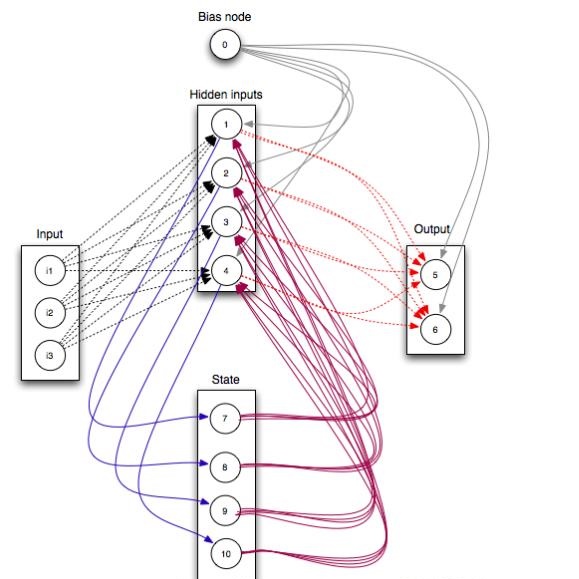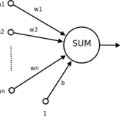Cybersecurity is a very emerging field that protects systems, networks, and data from digital attacks. With the increase in the scale of the Internet and the evolution of cyber attacks, developing novel cybersecurity tools has become important, particularly for Internet of things (IoT) networks. This paper provides a systematic review of the application of deep learning (DL) approaches for cybersecurity. This paper provides a short description of DL methods which is used in cybersecurity, including deep belief networks, generative adversarial networks, recurrent neural networks, and others. Next, we illustrate the differences between shallow learning and DL. Moreover, a discussion is provided on the currently prevailing cyber-attacks in IoT and other networks, and the effectiveness of DL methods to manage these attacks. Besides, this paper describes studies that highlight the DL technique, cybersecurity applications, and the source of datasets. Next, a discussion is provided on the feasibility of DL systems for malware detection and classification, intrusion detection, and other frequent cyber-attacks, including identifying file type, spam, and network traffic. Our review indicates that high classification accuracy of 99.72% is obtained by restricted Boltzmann machine (RBM) when applied to a custom dataset, while long short-term memory (LSTM) achieves an accuracy of 99.80% for KDD Cup 99 dataset. Finally, this article discusses the importance of cybersecurity for reliable and practicable IoT-driven healthcare systems.
翻译:网络安全是一个保护系统、网络和数据免遭数字攻击的非常新兴的领域。随着互联网规模的扩大和网络攻击的演变,开发新的网络安全工具变得非常重要,特别是对物联网网络而言。本文件系统地审查了对网络安全采用深层次学习(DL)方法的情况。本文简要描述了网络安全中使用的DL方法,包括深层信仰网络、基因对抗网络、经常性神经网络和其他。接下来,我们说明了浅度学习和DL之间的差异。此外,还就IoT和其他网络当前普遍存在的网络攻击以及DL方法管理这些攻击的有效性进行了讨论。此外,本文还介绍了一些研究,这些研究突出了DL技术、网络安全应用和数据集来源。接着,讨论了DL系统用于恶意软件检测和分类、入侵检测和其他频繁的网络攻击的可行性,包括确定文件类型、垃圾邮件和网络交通。我们的审查表明,99.72%的短期分类准确性,是由限制的Bolzmann网络健康动态数据存储器(RBMM)在长期应用DDM数据存储系统时,实现了99-RB-LS的短期数据(RB-LS)的精确度。





